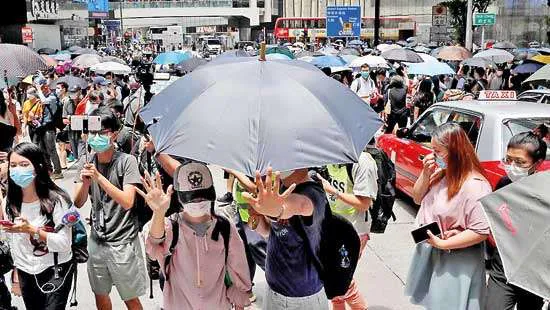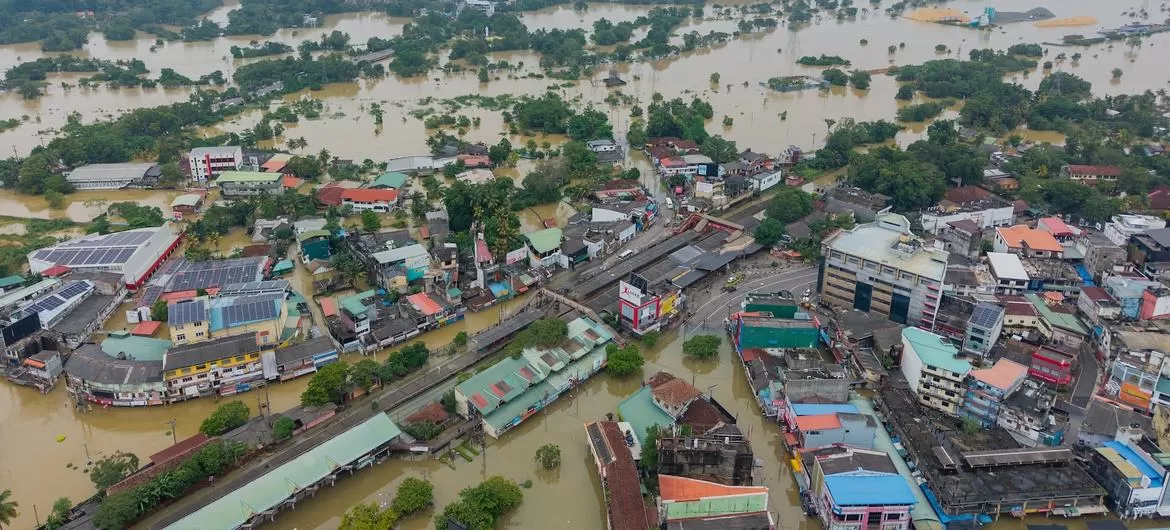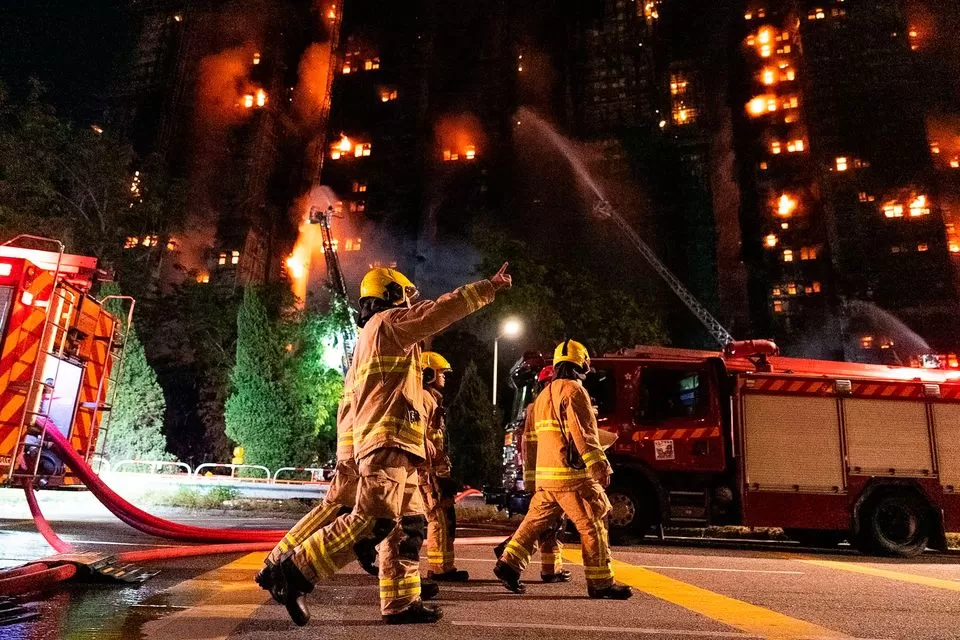Trending

Police in Hong Kong fired pepper pellets and made 300 arrests as thousands of people took to the streets on Wednesday to voice anger over national security legislation proposed by China, that has raised international alarm over freedoms in the city.
In the heart of the financial district, riot police fired pepper pellets to disperse a crowd, and elsewhere in the city police rounded up groups of dozens of suspected protesters, making them sit on sidewalks before searching their belongings.
A heavy police presence around the Legislative Council deterred protesters planning to disrupt the debate of a bill that would criminalise disrespect of the Chinese national anthem. The bill is expected to become law next month.
Angry over perceived threats to the semi-autonomous city’s freedoms, people of all ages took to the streets, some dressed in black, some wearing office clothes or school uniforms and some hiding their faces beneath open umbrellas in scenes reminiscent of the unrest that shook Hong Kong last year.
“Although you’re afraid inside your heart, you need to speak out,” said Chang, 29, a clerk and protester dressed in black with a helmet respirator and goggles in her backpack.
Many shops, banks and offices closed early.
The latest protests follow the Chinese government’s proposal for national security legislation aimed at tackling secession, subversion and terrorism in Hong Kong.
The planned laws could see Chinese intelligence agencies set up bases in Hong Kong.
The proposal, unveiled in Beijing last week, triggered the first big street unrest in Hong Kong in months on Sunday, with police firing tear gas and water cannon to disperse protesters.
The United States, Britain, the European Union and others have expressed concern about the legislation, widely seen as a possible turning point for China’s freest city and one of the world’s main financial hubs.
But Chinese authorities and the Beijing-backed government in Hong Kong say there is no threat to the city’s high degree of autonomy and the new security law would be tightly focused.




